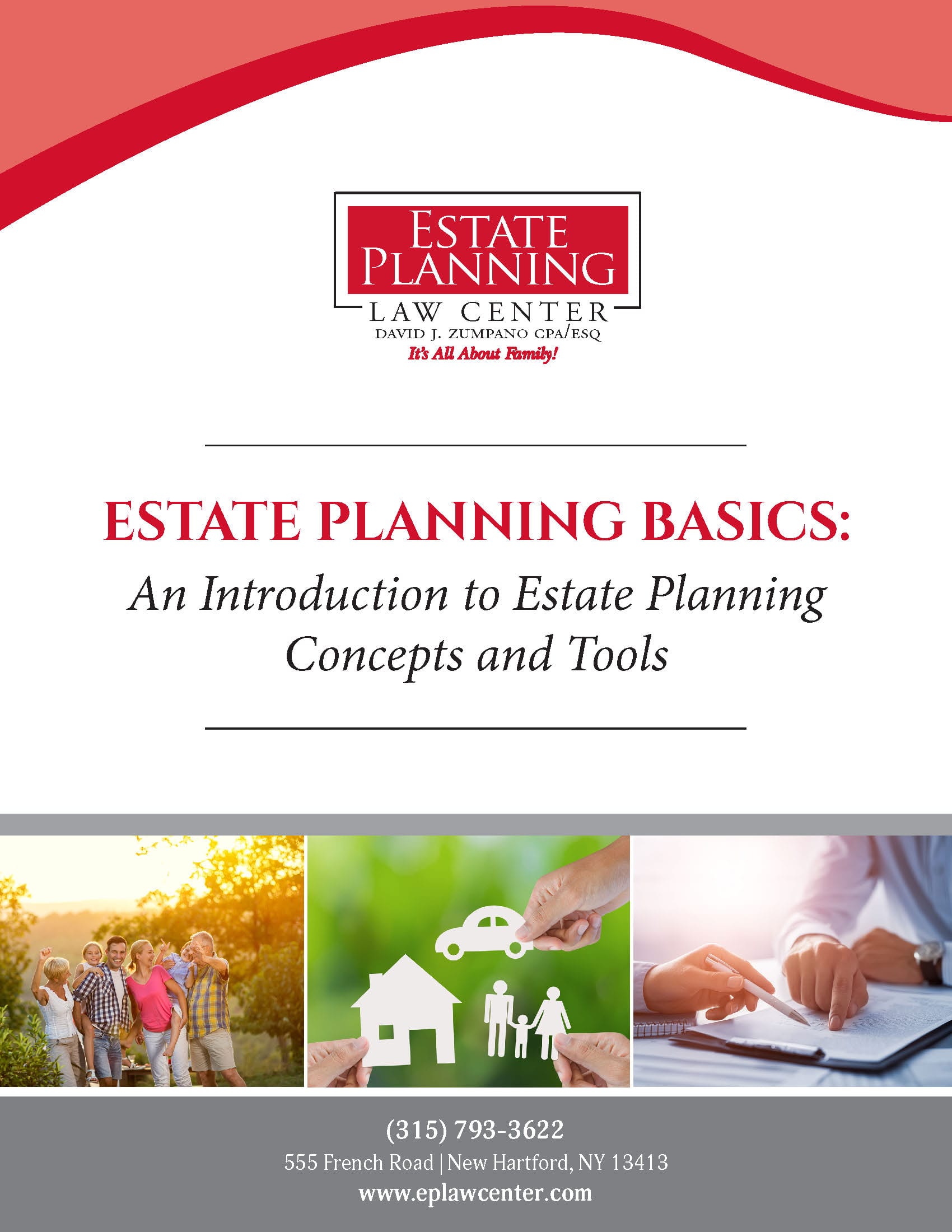Navigating the Legal Maze: A Guide to Estate Planning and Probate
Planning for the future is an essential part of life, and one of the most significant aspects of that planning is estate planning. This process involves preparing for the management and distribution of your assets after your passing. While it may seem daunting, understanding the basics can empower you to make informed decisions that protect your loved ones and ensure your wishes are honored.
The legal terrain of estate planning often includes terms like wills, trusts, and powers of attorney, which can feel overwhelming. Additionally, once an individual passes away, the probate process can add another layer of complexity. Knowing how to navigate these legal procedures can save time, reduce stress, and ultimately provide peace of mind. In this guide, we will break down the essential components of estate planning and the probate process, helping you to demystify the journey ahead.
Understanding Estate Planning
Estate planning is the process of organizing and managing an individual's assets to ensure that their wishes are carried out after their passing. It involves designing a strategy for how your property, finances, and personal matters will be handled, and it can help minimize the financial and emotional strain on your loved ones during a difficult time. A comprehensive estate plan typically includes legal documents such as wills, trusts, and powers of attorney.
Creating an effective estate plan requires careful consideration of various factors, including the distribution of your assets, potential tax implications, and the needs of your beneficiaries. This planning helps to reduce conflicts among family members and ensures that your intentions are clearly stated. Engaging with a qualified attorney can provide valuable insights into what is necessary and beneficial for your specific situation.
In addition to addressing asset distribution, estate planning also involves considerations for healthcare and personal decisions. A well-structured estate plan can include advance healthcare directives and a durable power of attorney, allowing you to designate someone to make medical decisions on your behalf if you are unable to do so. This holistic approach ensures that all aspects of your life and legacy are managed according to your preferences.
The Probate Process Explained
The probate process begins after an individual passes away and involves the legal administration of their estate. This process typically starts with the filing of the deceased's will, if one exists, in the probate court. The court will verify the authenticity of the will and appoint an executor or personal representative who will manage the estate. If there is no will, the court will appoint an administrator to oversee the probate process according to state laws.
Once the executor or administrator is appointed, they will begin collecting and inventorying the deceased's assets, which may include real estate, bank accounts, investments, and personal property. This inventory is crucial for determining the total value of the estate. Simultaneously, the executor is responsible for notifying potential heirs and creditors about the probate proceedings, allowing creditors to make claims against the estate for any debts owed by the deceased.
As the process continues, the executor will take care of any debts, taxes, and expenses incurred during probate before distributing the remaining assets to the heirs as specified in the will or according to state law. This distribution can take time, often several months to a few years, depending on the complexity of the estate and any disputes that may arise. Ultimately, the goal of probate is to ensure that the deceased's wishes are honored and that the estate is settled fairly and legally.
Common Mistakes to Avoid in Estate Planning
One of the most prevalent mistakes in estate planning is failing to update documents regularly. Life circumstances change, from marriage and divorce to the birth of children or new financial situations. Many individuals create their estate plan and then leave it untouched for years, which can lead to outdated beneficiaries or inappropriate asset distributions. Regularly reviewing and updating your estate plan ensures that it reflects your current wishes and circumstances.
Another common issue is not communicating your plans with family members or heirs. Estate planning can create confusion and conflict among loved ones, especially when they are unaware of your intentions regarding asset distribution. Open communication helps set expectations and minimizes the potential for disputes, making it essential to discuss your estate plan with those affected by it. This dialogue can also provide an opportunity to clarify any questions and share your rationale behind certain decisions.

A further mistake many make is underestimating the importance of proper documentation. Some individuals may think that a simple will is sufficient, overlooking the need for trusts or other legal tools that can provide better tax benefits or more efficient asset distribution. It is crucial to understand the different options available for estate planning, as relying solely on informal agreements or outdated documents can lead to complications during probate. Engaging with a qualified estate planning attorney can help you navigate these various tools and ensure all necessary documentation is properly executed.